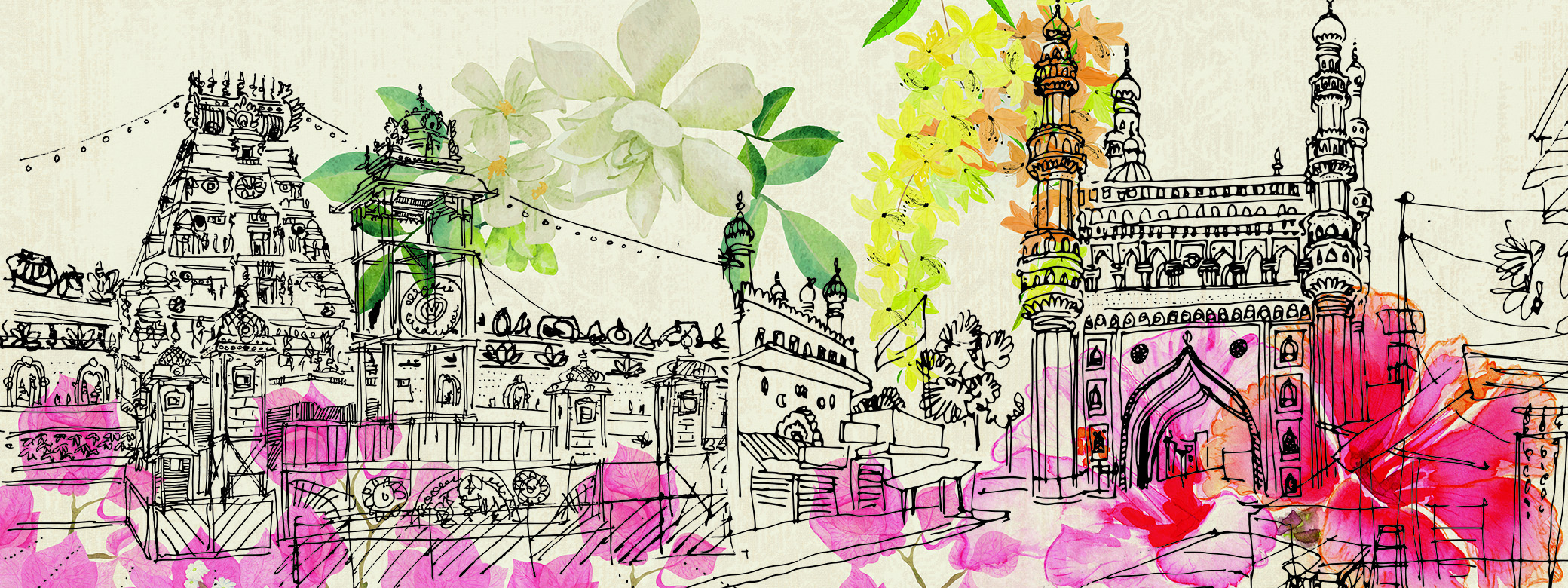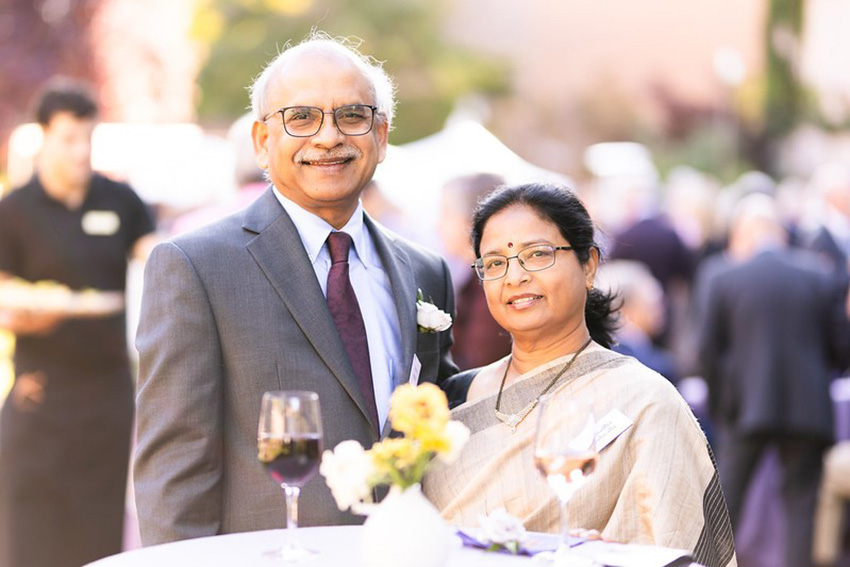
“Almost 80 million people speak Telugu,” says Hanuma Kodavalla. “Not many people know its richness as a language and culture.” He and his wife recently established the Hanuma and Anuradha Kodavalla Endowed Chair in Telugu at the UW.
The generous gift provides an invaluable addition to the College of Arts & Sciences and Department of Asian Languages & Literature. By enhancing the University’s ability to recruit and retain faculty with expertise in Telugu language, culture, and literature, the endowment ensures that more people will experience the language’s treasures for many years to come.
“We feel like this endowment in Telugu has a lot to offer with its tradition of music and literature that goes back 1000 years, including among prominent poets and writers,” says Hanuma Kodavalla. “I feel that exposing people to that kind of culture and literature will enrich people’s lives.”
Although neither of the Kodavallas attended UW themselves, their daughter is now a student. Also, they have long appreciated UW’s position in the region and beyond. “The UW is a major institution of higher learning that attracts people from all over the world,” says Hanuma Kodavalla.
“We feel like this endowment in Telugu has a lot to offer with its tradition of music and literature that goes back 1000 years, including among prominent poets and writers. I feel that exposing people to that kind of culture and literature will enrich people’s lives.”
“It’s his dream to make this contribution,” says Anuradha Kodavalla. “I’m also happy to bring this beautiful language to non-Telugu people.”
The Telugu language and culture come from the Indian states of Telangana and Andhra Pradesh, where the Kodavallas are originally from. According to the US Center for Immigration Studies, as of 2017, there were more than 400,000 Telugu speakers in the US, and between 2010 and 2017, the number of Telugu speakers in the US increased by 86%.
The Kodavallas have been in Seattle for a long time and have noticed the change. “Twenty years ago, there weren’t many associations or businesses,” says Hanuma Kodavalla. “Thanks to many of the high-tech companies, now there’s a large population, large cultural events, and we hope that the endowed chair will act as a bridge between various cultures.”
It also serves to expand the breadth of foreign language and cultural study in the College of Arts & Sciences – the heart of humanities scholarship at the University of Washington. This deepening of humanities research and discourse will be an overall benefit to the student experience for years to come. “I believe in the importance of a well-rounded education, and institutions like UW are the right place to make that happen,” says Hanuma Kodavalla. “Regardless of the majors students undertake, having a strong humanities department makes a big difference in the students’ lives.”
More Stories
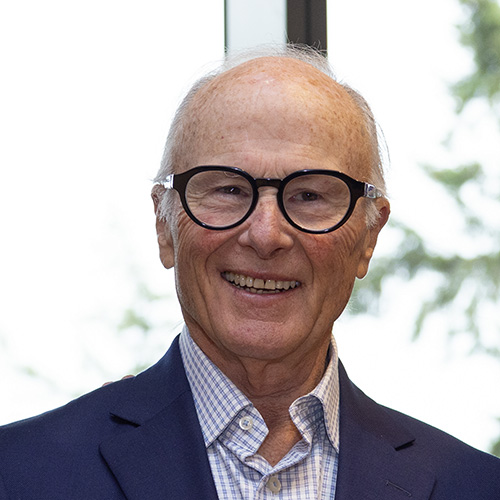
A Transformative Gift for Arts & Sciences
To honor his wife and support the college that has meant so much to both of them, former Arts & Sciences dean John Simpson created the Katherine and John Simpson Endowed Deanship.
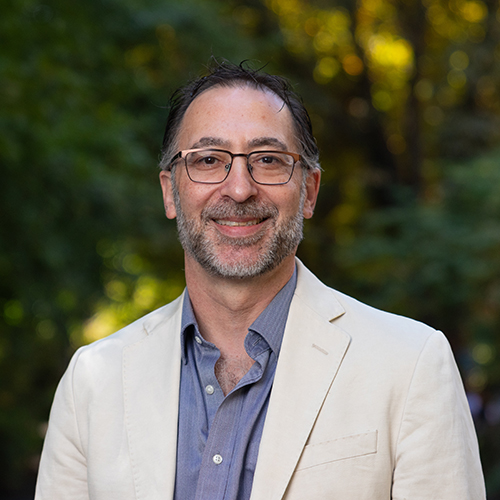
The Curious Journey of Chinese Characters
Several Asian countries adapted the Chinese writing system—the oldest writing system still in use—for their own languages. In a new book, Professor Zev Handel shares how that happened.
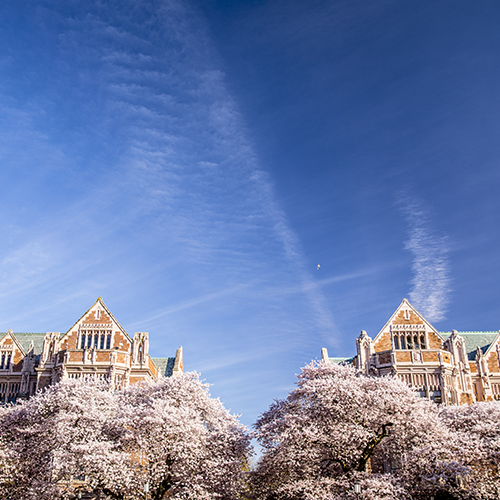
Meet Our 2025 Graduate Medalists
Meet the four graduating students selected by the College of Arts & Sciences as 2025 Graduate Medalists for their accomplishments.
